
 Instagram
Instagram
How to stop a tickly cough instantly?
.png?v=1672919171699)
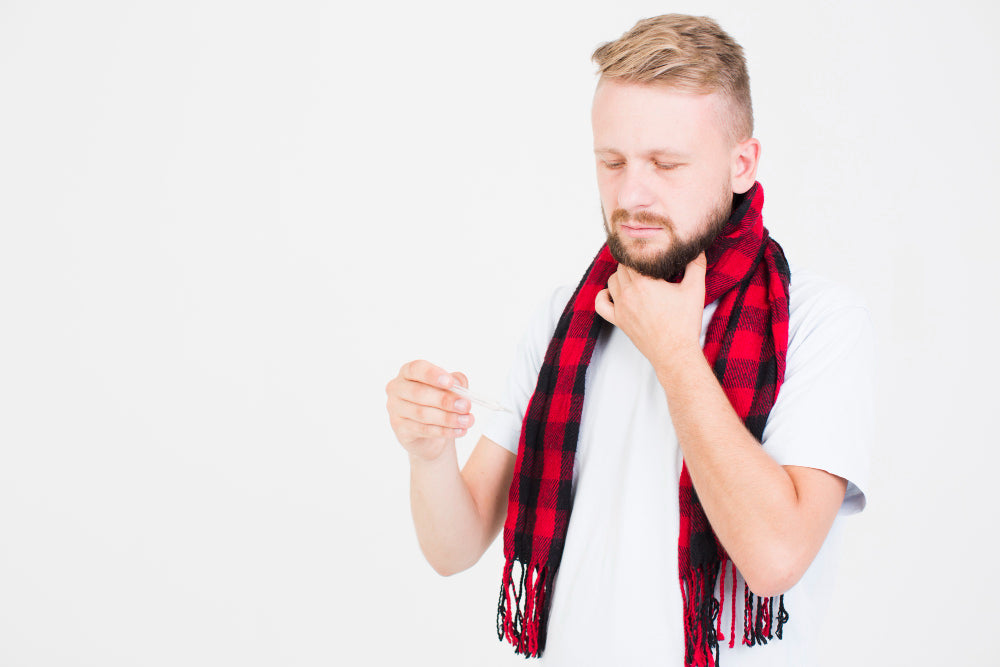
Related products
Learn what you should do if you have tickly cough symptoms.
Almost everyone has experienced a cold and cough, particularly during the dry winter season. What is a cough? It is an aggressive and involuntary expulsive maneuver against a closed glottis and is mainly accompanied by a particular sound. The force is occasionally very severe.
A persistent cough can be a nuisance as it adversely affects your daily routine. So, what should you do? First of all, let me introduce what causes a cough. To learn more about the causes and treatments for coughs and colds, check out the Coughs & Colds page on Welzo.
What is tickly cough?
All types of coughs cause discomfort, including a tickly cough. What is it? A tickly cough is due to inflammation in your upper airway, which causes the feeling of a 'tickle' at the throat back. It can result from a tickle in the throat or irritants, e.g., smoke, dust etc., itchy throat due to viral or bacterial infections etc.
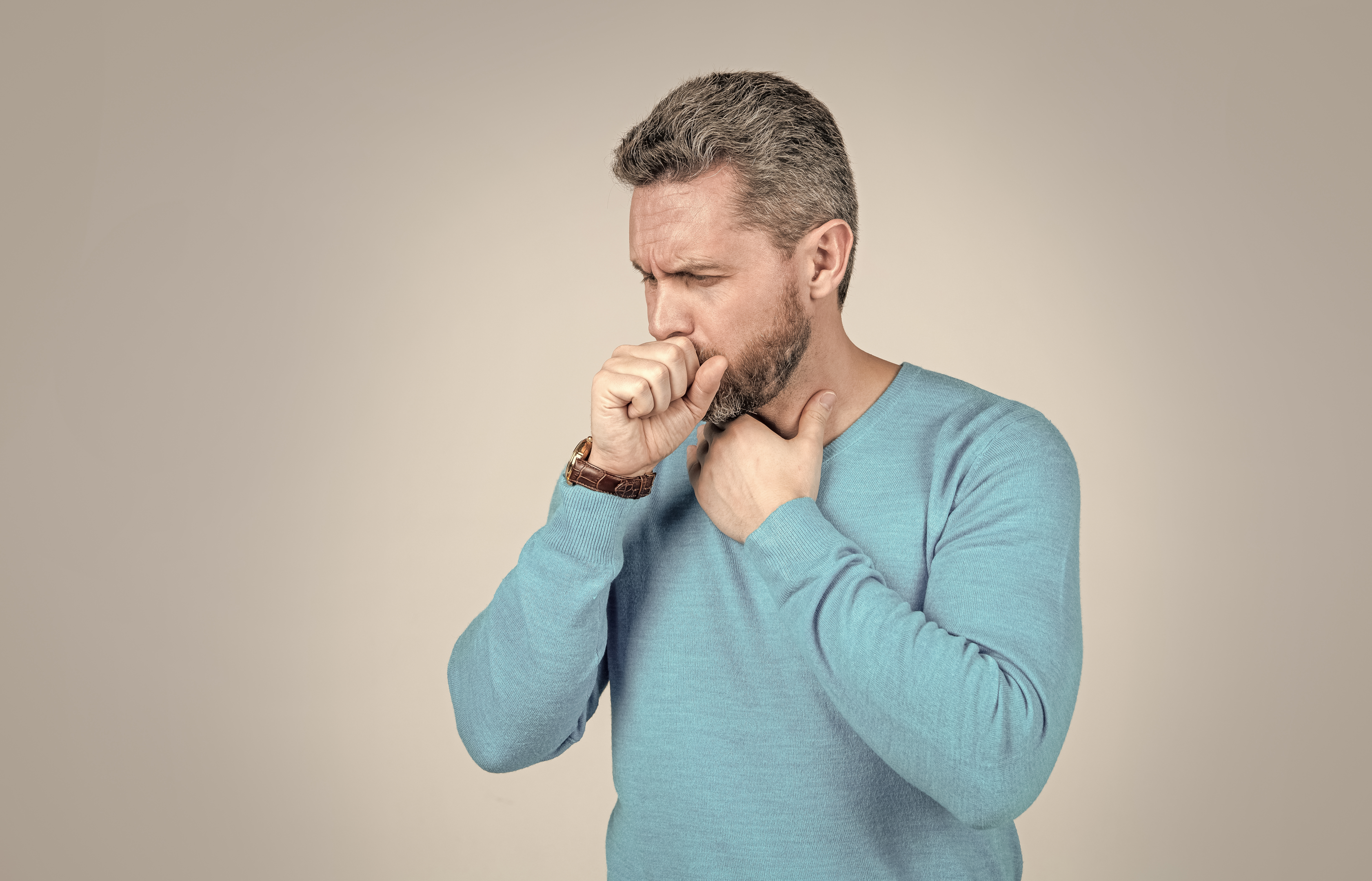
There are also many other conditions which can cause a tickle in the throat, e.g., sore throat, allergies, sinusitis, asthma etc. It is very similar to the dry cough in that, unlike a chesty cough, it doesn't cause the expulsion of phlegm or mucus, and there is no mucus or congestion in the lungs. For fast relief, you can consider using products like Covonia Dry Tickly Cough Syrup to help soothe the irritation and ease coughing.
How long does a tickly cough last?
Coughing is not a disease in itself, it is just a manifestation of throat and upper respiratory tract allergies and bacterial or viral infection. So, it should go away as the cause is removed. Typically, tickly cough and throat resolve spontaneously by themselves or with minor symptomatic care.
However, if the symptoms persist or worsen for more than 3 weeks, it is time to see a doctor. A chronic cough can signify more serious health issues, e.g., tuberculosis or lung cancer. We have detailed information about lung cancer in another article.
How can you get rid of a tickly cough?
Many treatment options are available, e.g., medications and home remedies. Some home remedies are also effective and provide instant relief. Some crucial remedies (both home remedies and therapeutic options) are mentioned in the below lines.
Remove the cough triggers
If you are clever enough to identify the triggers, it is prudent to remove them from your life. Identify if you are allergic to pollen, dust, animal allergens, some fragrances, food (s), smoke, spices, drinks etc. Immediately limiting your exposure to these triggers will provide relief directly.
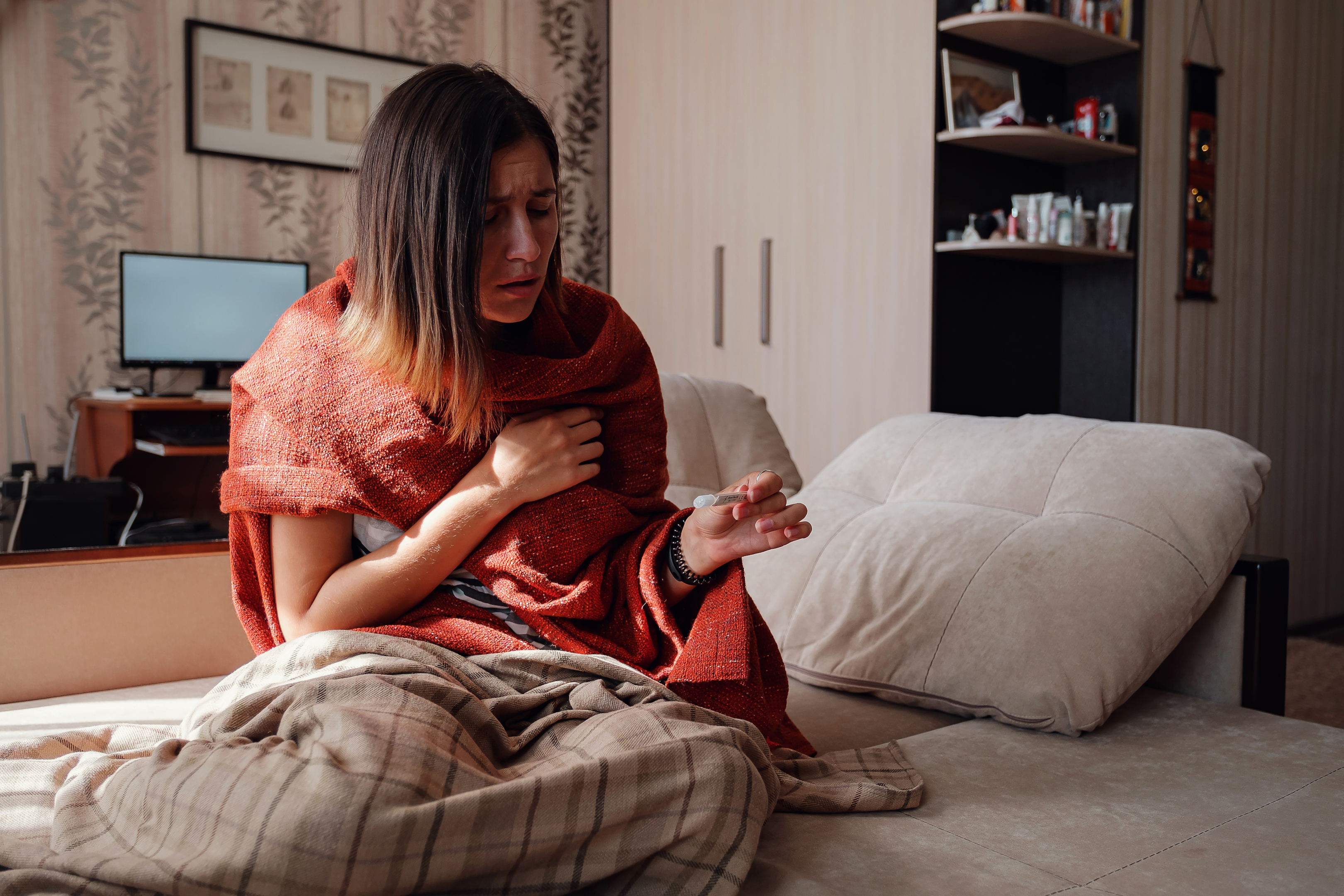
The sleeping position you use when sleeping may also be a cause of nighttime cough. So, it would help if you try changing your body position at night. Products like Benylin Dry Tickly Cough Syrup can help ease the discomfort of a dry cough, allowing for a better night's rest.
Smoking is one of the triggers of cough. However, leaving it is not so easy. We have many quit-smoking products that can help you in your anti-smoking journey.
Use steam breathing
Hot steam clears the airways and softens the 'tickle'. It also eases the mucus (if you have a moist cough and runny nose). The good idea is to use a towel to cover a bowl of boiling steaming water and breathe under the towel. Showers and hot baths can also do the job.
An earlier study noted the efficacy of steam inhalation on the symptoms of the common cold. It was published by the American Journal of Otolaryngology. Sixty-two patients in the study received 20 minutes of regular sessions of steam for 1 week. A significant percentage of patients noted improvement in nasal potency and cold symptoms.
Take rest
Movements increase your exposure to the triggers. Therefore, the doctors recommended rest in case of any disease to allow the body enough time to recover. Good night time sleeps for many days will help the body to cover up the challenge. For extra relief, consider using Care Night Cold & Flu Relief Oral Solution, which can help ease symptoms during the night.
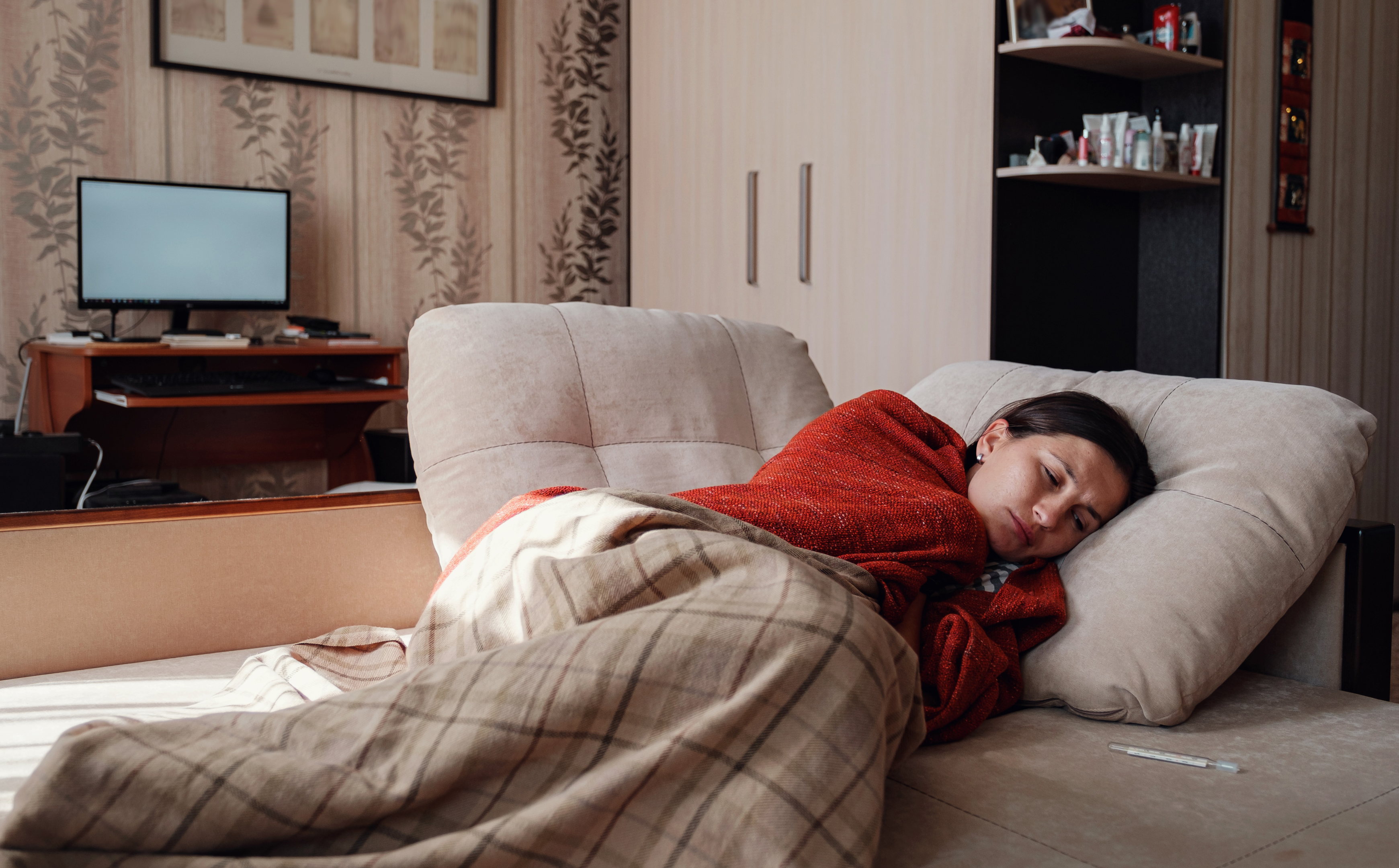
Sometimes, a midday nap can be beneficial too. Any treatment of a tickly throat is likely to be ineffective if it is not accompanied by proper rest.
Use honey and lemon.
Honey and lemon are many times your life savers. They have been used for centuries due to their soothing effects on the throat. That is why both are part of many recipes; even cold medicines are formulated with their flavours. Many sources have confirmed that a combination of honey and lemon will do the job nearly as effectively as medicines.
Honey
Honey alone is a very beneficial therapy for nighttime and daytime dry cough and a tickly sensation in the throat. However, honey should be avoided in children under 1 year, as it can be a factor leading to infant botulism. However, all sources don't agree with this claim.
Honey has antibacterial properties and coats rough surfaces to reduce their roughness. It can be used as such or can be added to warm water or tea to drink. Some sources even found it as or even more helpful than drugs. For example, a 2018 study published by the Cochrane Library noted that three times daily use of honey is more effective than salbutamol in relieving acute cough in children. For those seeking additional relief, you can also try products like Beechams Cold & Flu to help combat both the cough and flu symptoms.
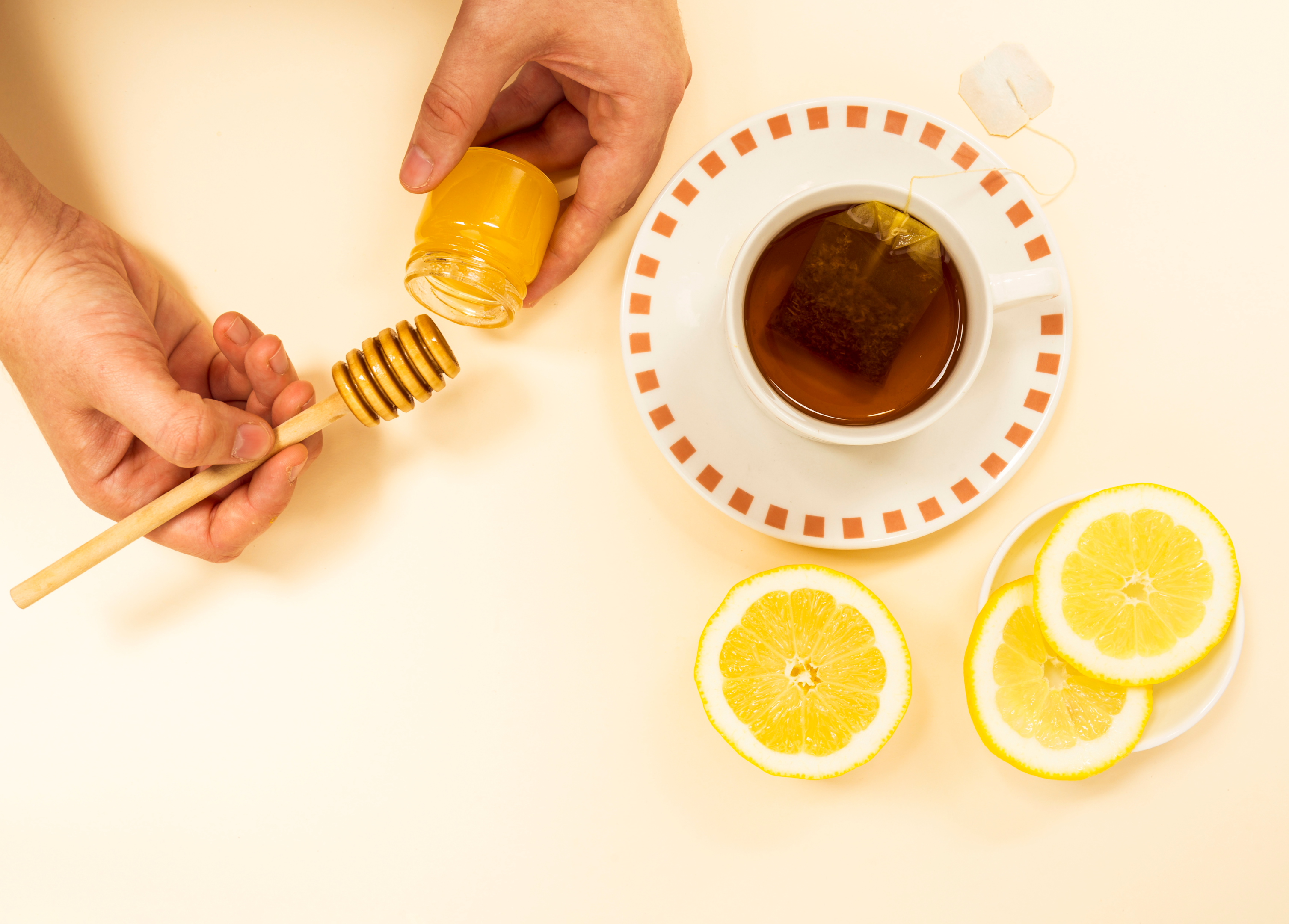
Lemon
Hot lemon water is also known to relieve the symptoms of dry cough. Many reviews have noted the usefulness of lemon juice mixed with coconut oil or alcohol in relieving common cold, cough, and fever. If you're looking for a more convenient solution, consider using Lemsip Cold & Flu Lemon Pack of 10, which is designed to provide quick relief from cold and flu symptoms.
Take garbles in the salty water.
This practice will ease the irritation and discomfort caused by a tickly and dry cough. Salty water is hyper-tonic, causing water entry into the bacterial cells and killing them. Adding one teaspoon of salt to the glass of water and using it daily will do the job. However, this recipe is not recommended for children due to fear of swallowing salty water.
This practice also soothes the irritated nerve endings in the throat, which often cause cough. A good practice is to use warm salt water gargles in the morning and evening daily in the expected season.

A randomised controlled trial study conducted in 2005 and published in the American Journal of Preventive Medicine noted that this practice effectively treated the symptoms associated with upper respiratory tract infections, including dry cough. Gargling with a povidone-iodine solution was more effective than gargling with water only.
Drink plenty of herbal teas and fluids
Drinking a lot of lukewarm water and herbal teas, e.g., lemon grass tea, masala chai tea, peppermint tea, etc., will keep your body hydrated and help control bouts of dry and tickly cough. Additionally, these drinks are an excellent complement to cough medicines.
Use some spices
Some common spices, e.g., turmeric, ginger, capsaicin, and marshmallow root, can also help. How? Let's understand.
Capsaicin
This compound is abundant in red chilli peppers, and many sources have found it useful for chronic cough. How? It is a known irritant and cough inducer. However, it reduces capsaicin sensitivity (one of the causes of dry cough) when given in capsules and improves the cough symptoms if the cause is capsaicin sensitivity.
It can be served in various ways, e.g., in capsules, as hot sauce, tea etc. However, such treatments are not recommended for children due to their irritant effects.
Turmeric
Turmeric has many compounds (e.g., curcuminoids) with antibacterial, antiviral and anti-inflammatory properties, which can benefit the dry and tickly cough. Its use in Ayurvedic medicines for asthma, bronchitis, etc., dates back centuries. It can be used as a spice and in capsules.

Marshmallow root
It is a herb used in lozenges and cough syrups to soothe dry and tickly coughs. It has antibacterial properties. The marshmallow root extract's efficacy for treating irritating cough was evaluated by a 2018 study published in the Complementary Medicine Research. A total of 822 users in two independent trials used the syrups or tablets containing the marshmallow root for 7 days and found it valuable and satisfying.
Ginger
It has antibacterial, anti-inflammatory, immune boosting and pain-relieving properties. The root can be cut and peeled to make ginger root tea, and it can also be added to many other teas. Ginger root can be chewed or taken in capsules to relieve tickly and dry coughs and soothe the airways.
Essential oils
Some essential oils can also heal and soothe the respiratory airways. An important example is eucalyptus oil which is an excellent decongestant. It can be used in an inhaler, or a few drops can be added to the hot water bath. It can be sprayed in the room to relieve the nighttime cough.
A recent study published in the Journal of Integrative and Complementary Medicine in 2022 noted it to be more beneficial than the placebo for relieving cough symptoms.
Use air purifier and humidifier
Installing air purifiers at the entrances will clean the air of pollutants and potential allergens, e.g., smoke, dust, pollen, pet dander etc.
The humidifier will help you in the dry weather as excessively dry air can cause cough. It also opens up the sinuses for better respiration. Adjust the humidifier to provide the inside humidity between 40-60% for better respiratory comfort.
Use cough drops
These medicated drops soothe and lubricate the dry and irritated throat and help to alleviate the cough. Some cough drops include soothing agents, e.g., menthol and eucalyptus oil which help to open up the airways and allow better respiration.
Many brands are available in the market, e.g., Ricola, Manuka, Fisherman's Friend etc., You can ask your doctor for a better choice.
Use cough syrups and medications.
Cough syrups, also called antitussive syrups (used to treat cough) reduce the coughing reflex, which is the involuntary urge to cough. Some cough syrups are available over the counter, while others are available on prescription and should be used after consulting the doctor as they may contain ingredients, e.g., codeine, dexamethasone etc. You can explore a range of over-the-counter options, including products from the Benylin collection, which provide effective relief from various types of cough.
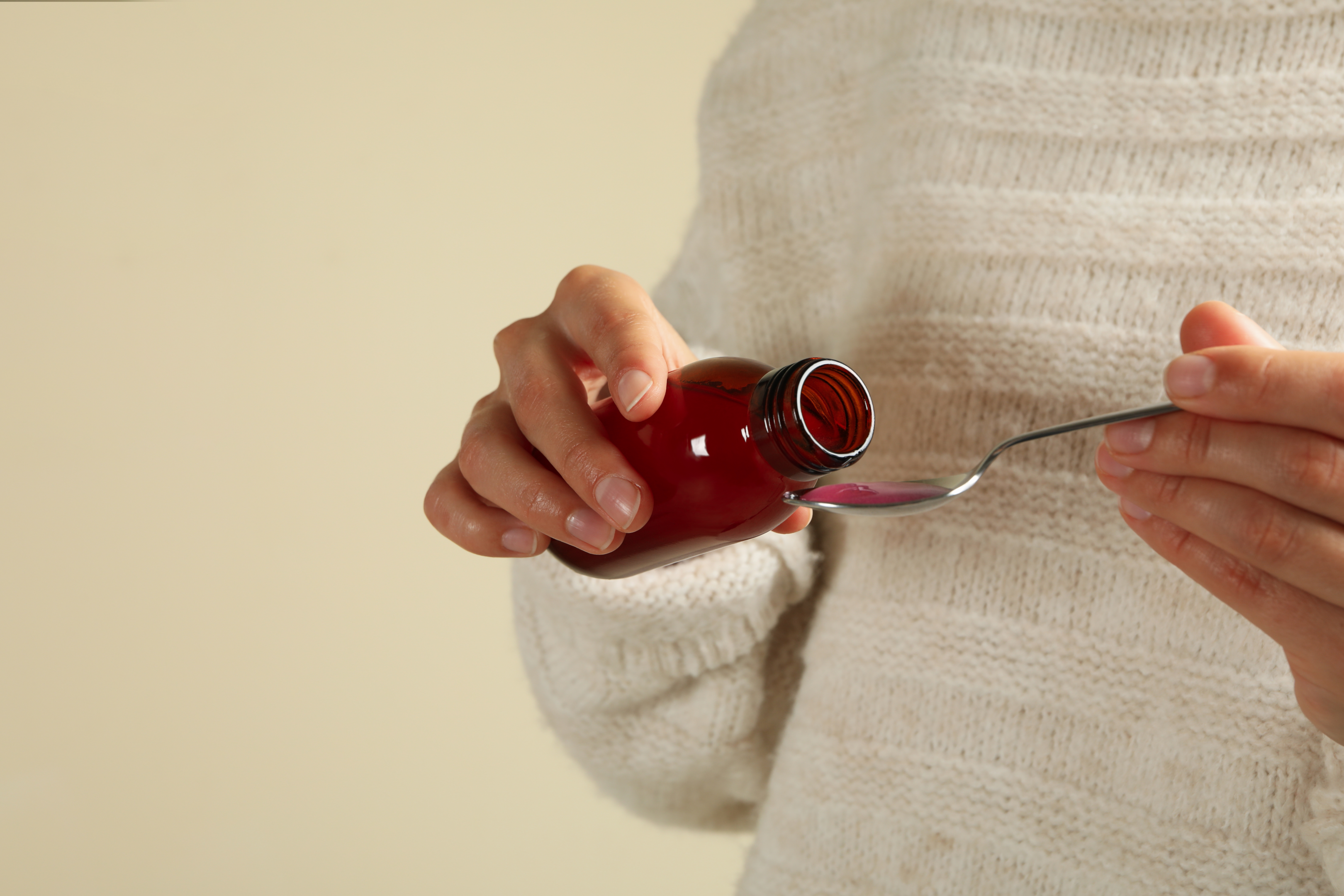
Our online pharmacy has many medications for treating acute, chronic, dry and moist coughs.
Bottom-line
Tickly coughs can be very troublesome. However, it can be managed by many home remedies and prescription drugs. If the cough is not regressing after weeks of regular treatment, it could be due to serious reasons, and you need to go to the doctor.

Besides treatment, you must avoid any factors that make your cough worse e.g., duct etc. Online health consultation is an increasing trend in the post-COVID world as it saves your time to visit the clinics and wait in the waiting rooms.




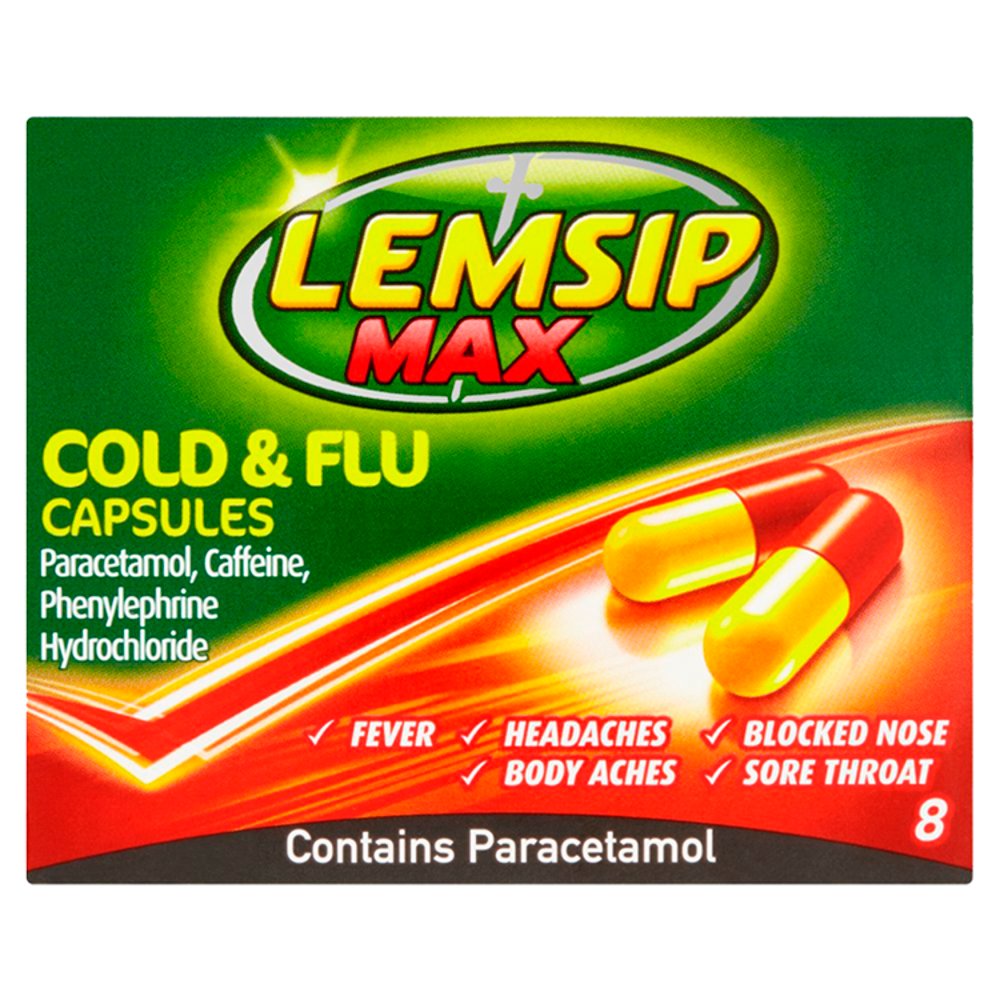
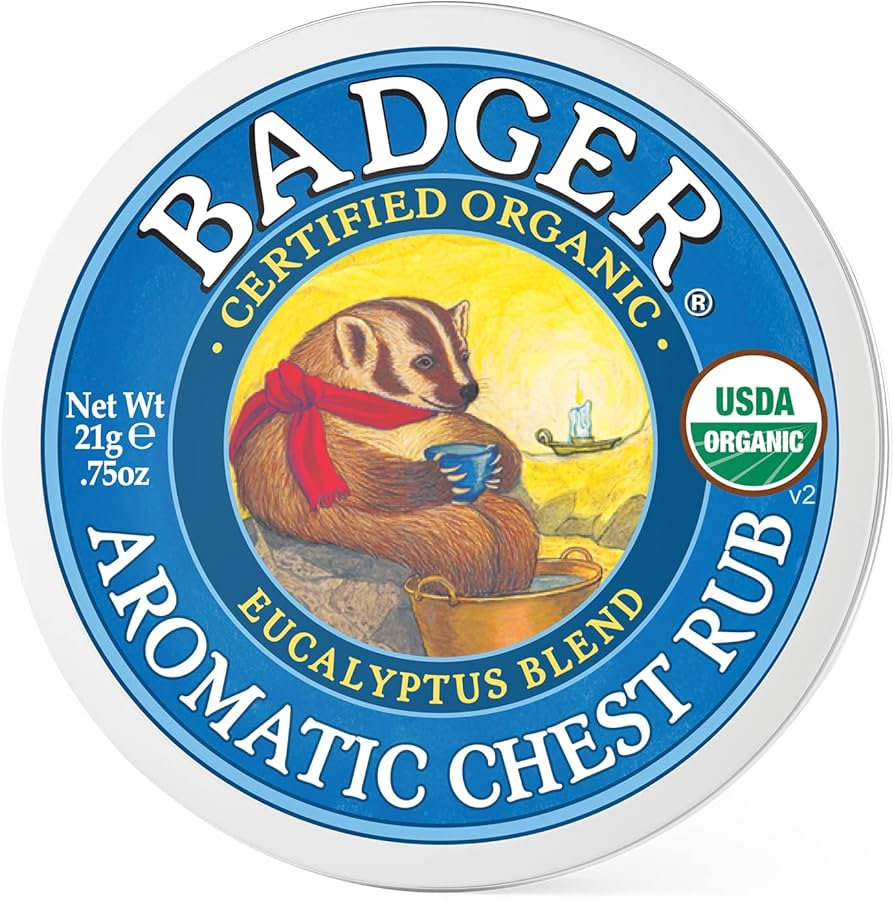
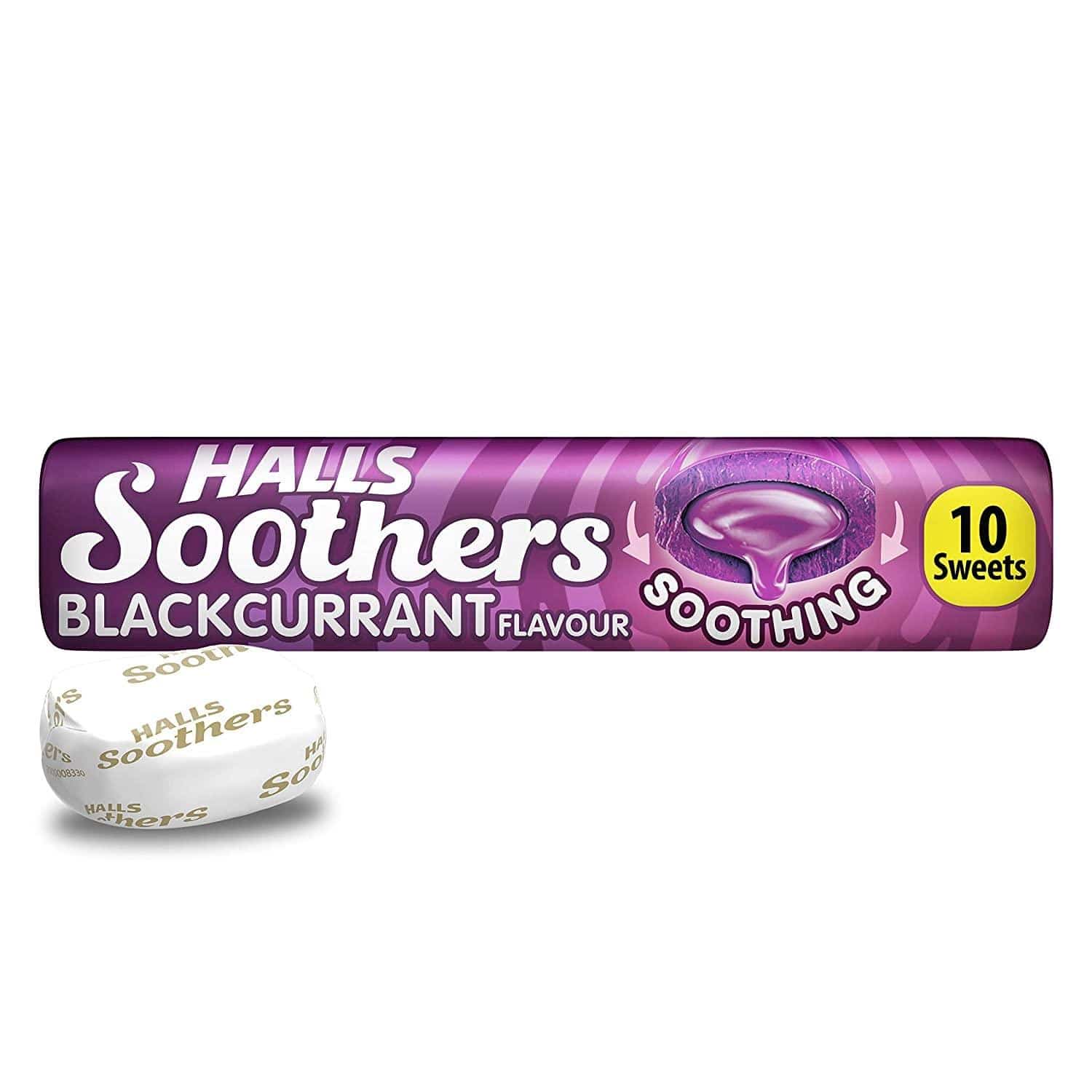

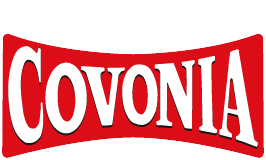






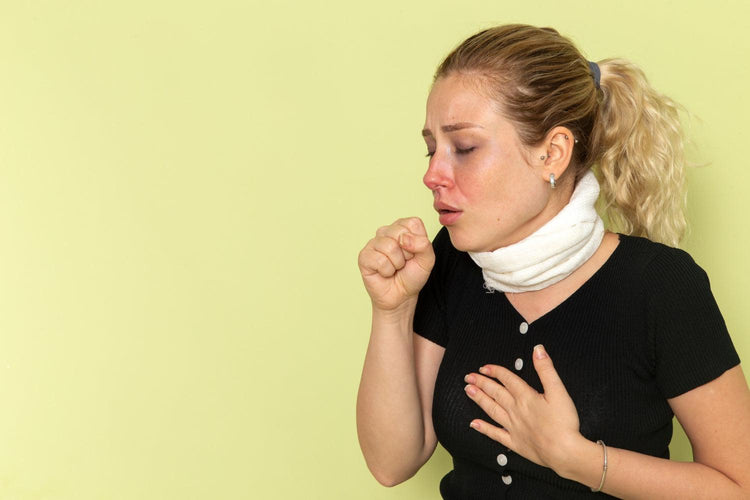
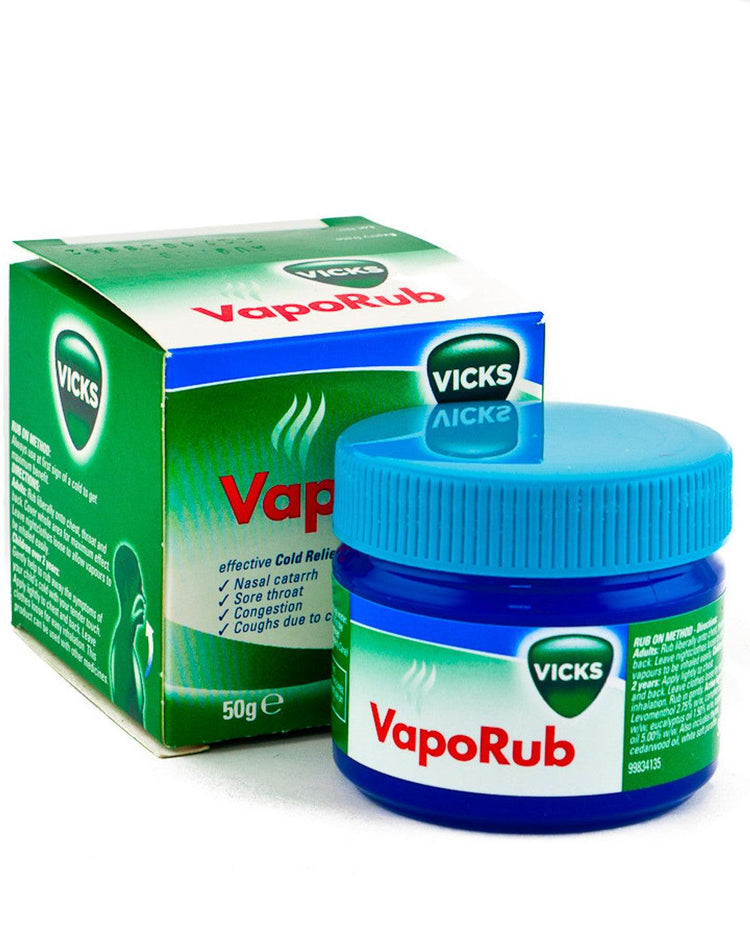




 Rated Excellent by 26,523+ Reviews
Rated Excellent by 26,523+ Reviews